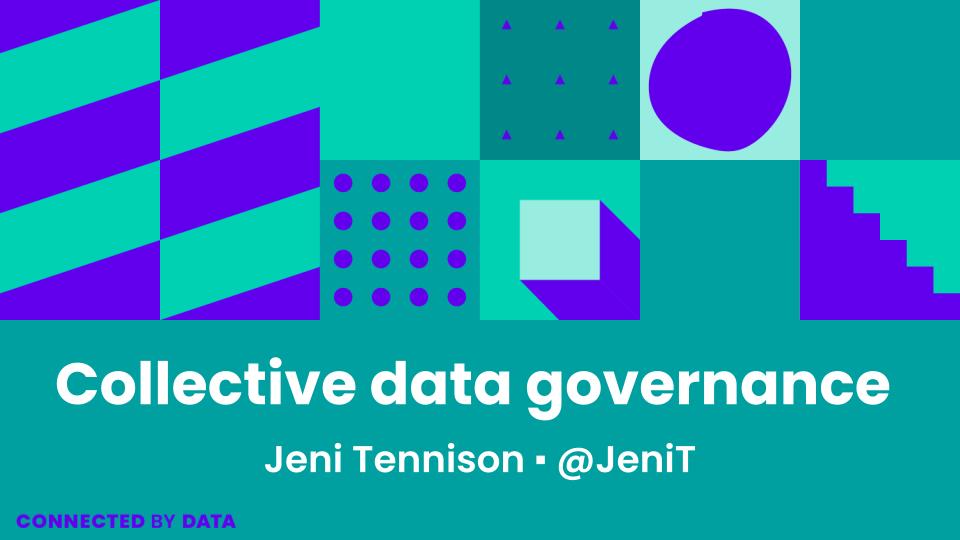I was invited to present to the Centre for Data Ethics and Innovation team about the work we’re doing at CONNECTED BY DATA.
CDEI work on the governance of data-driven technology, including an ongoing strand on public attitudes to data and AI.
After the presentation, the questions ranged over:
-
The kinds of narratives about data that work with current ministers, such as highlighting how good governance leads to greater innovation or productivity, or how it helps us “build back better”. I posited that the emphasis on community self-determination might be a hook into the “levelling up” narrative.
-
What kind of motivations businesses might have for adopting collective data governance. We discussed both the reduction in risk (especially when it comes to making value-laden decisions such as the legitimate interests balancing test), and good data governance as a competitive advantage for some businesses.
-
The degree to which change comes from a shift in public narrative vs change within institutions, or whether these happen hand-in-hand. I outlined my theory that big shifts (which is what’s needed to change from an individualised to a collective approach to data) happen as the result of a crisis, when politicians and policymakers will reach for solutions that are top of mind. Our work is all about preparing for that crisis and ensuring that collective approaches are top of mind when they come.

